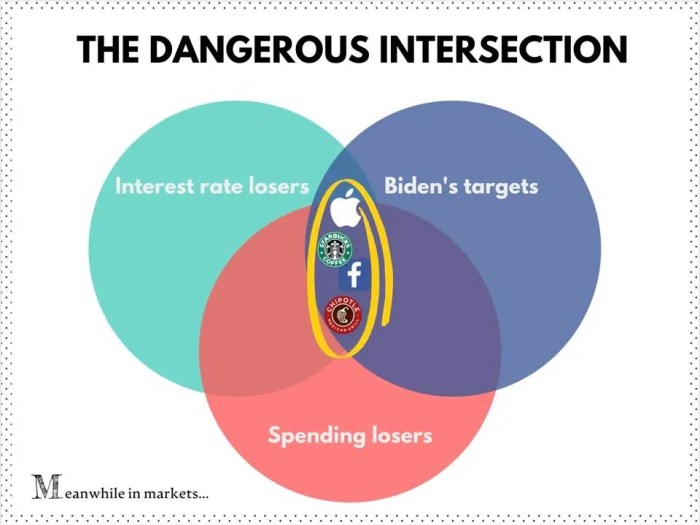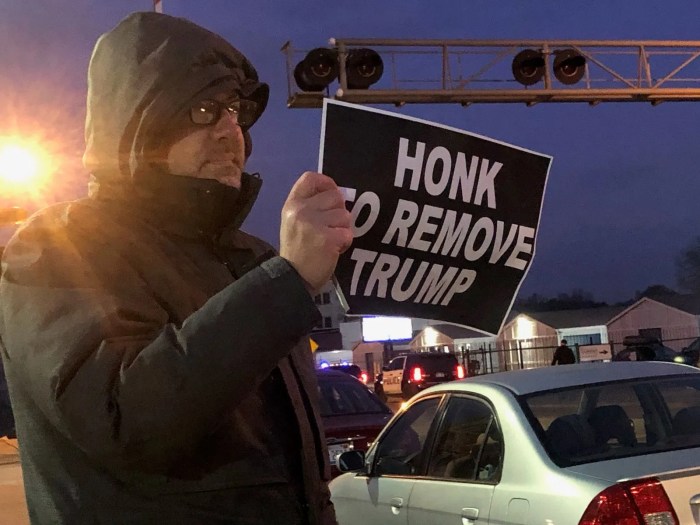No bill of rights no deal crossword answer key – At the heart of American jurisprudence lies the Bill of Rights, a cornerstone of individual liberty that has shaped the nation’s legal and social fabric for centuries. This comprehensive guide delves into the historical significance, key provisions, and contemporary debates surrounding the Bill of Rights, offering a multifaceted exploration of its enduring impact on American society.
The Bill of Rights, enshrined as the first ten amendments to the U.S. Constitution, emerged from a tumultuous period of debate and compromise, reflecting the Founding Fathers’ deep commitment to protecting individual rights from government encroachment.
No Bill of Rights, No Deal: Definition and Historical Context
No Bill of Rights, No Deal: Definition and Historical Context

The Bill of Rights is the first ten amendments to the United States Constitution. These amendments were adopted in 1791 to protect individual liberties and prevent the federal government from encroaching on the rights of citizens. The Bill of Rights has been invoked in numerous landmark cases, including Marbury v. Madison, Gideon v. Wainwright, and Miranda v. Arizona.
2. Key Provisions of the Bill of Rights

| Amendment | Key Provisions | Impact on American Society | Landmark Court Cases |
|---|---|---|---|
| First Amendment | Freedom of religion, speech, press, assembly, and petition | Protects the right to express ideas and beliefs without fear of government interference | New York Times Co. v. Sullivan, Citizens United v. FEC |
| Second Amendment | Right to keep and bear arms | Protects the right to own firearms for self-defense and other lawful purposes | District of Columbia v. Heller, McDonald v. City of Chicago |
| Third Amendment | Prohibition on quartering soldiers in private homes | Protects against the government using private property for military purposes without consent | Engblom v. Carey |
| Fourth Amendment | Protection against unreasonable searches and seizures | Protects the right to privacy and prohibits the government from conducting unreasonable searches and seizures | Kyllo v. United States, Florida v. Jardines |
| Fifth Amendment | Right against self-incrimination, double jeopardy, and eminent domain | Protects against being forced to testify against oneself, being tried twice for the same crime, and having property taken without just compensation | Miranda v. Arizona, Kelo v. City of New London |
| Sixth Amendment | Right to a fair trial | Protects the right to a speedy and public trial, an impartial jury, and the assistance of counsel | Gideon v. Wainwright, Crawford v. Washington |
| Seventh Amendment | Right to a jury trial in civil cases | Protects the right to have a jury decide the facts in civil cases | Granfinanciera, S.A. v. Nordberg |
| Eighth Amendment | Prohibition on excessive bail and cruel and unusual punishment | Protects against excessive bail and cruel and unusual punishment | Furman v. Georgia, Roper v. Simmons |
| Ninth Amendment | Enumeration of rights does not deny or disparage others retained by the people | Protects unenumerated rights not explicitly stated in the Constitution | Griswold v. Connecticut, Lawrence v. Texas |
| Tenth Amendment | Powers not delegated to the United States or prohibited to the states are reserved to the states or the people | Protects the powers of the states and the people from encroachment by the federal government | United States v. Lopez, National Federation of Independent Business v. Sebelius |
3. The Bill of Rights in the 21st Century
The Bill of Rights continues to be a vital part of American society in the 21st century. However, the interpretation and application of the Bill of Rights have been challenged by new technologies and societal changes. For example, the rise of social media has raised questions about the scope of free speech protections under the First Amendment.
Additionally, the use of surveillance technologies has raised concerns about the Fourth Amendment’s protection against unreasonable searches and seizures.
4. International Comparisons
Similar Documents

Many countries have constitutions or charters that include similar protections to the Bill of Rights. For example, the Universal Declaration of Human Rights, adopted by the United Nations in 1948, includes many of the same rights as the Bill of Rights.
Additionally, the constitutions of Canada, Australia, and Germany include similar protections for individual liberties.
Questions and Answers: No Bill Of Rights No Deal Crossword Answer Key
What is the significance of the Bill of Rights?
The Bill of Rights guarantees fundamental individual rights and freedoms, such as freedom of speech, religion, and due process of law, protecting citizens from government overreach.
How has the Bill of Rights been applied in landmark court cases?
The Bill of Rights has been invoked in numerous landmark cases, including Brown v. Board of Education (1954), which overturned racial segregation in schools, and Miranda v. Arizona (1966), which established the Miranda rights for criminal suspects.
What are the challenges facing the Bill of Rights in the 21st century?
The Bill of Rights faces challenges in the digital age, as technological advancements raise questions about the scope of individual rights in the face of government surveillance and data collection.